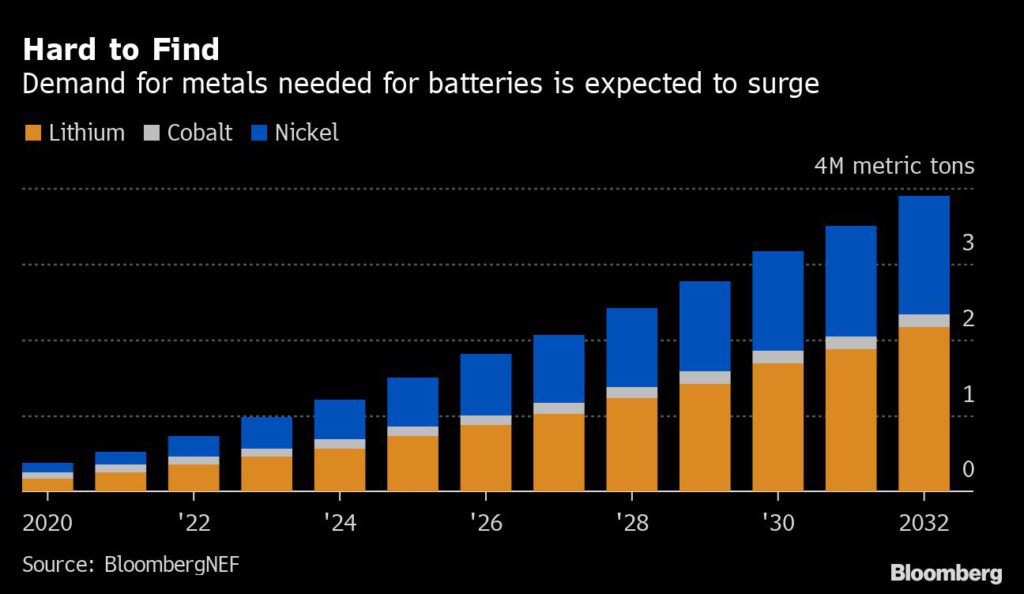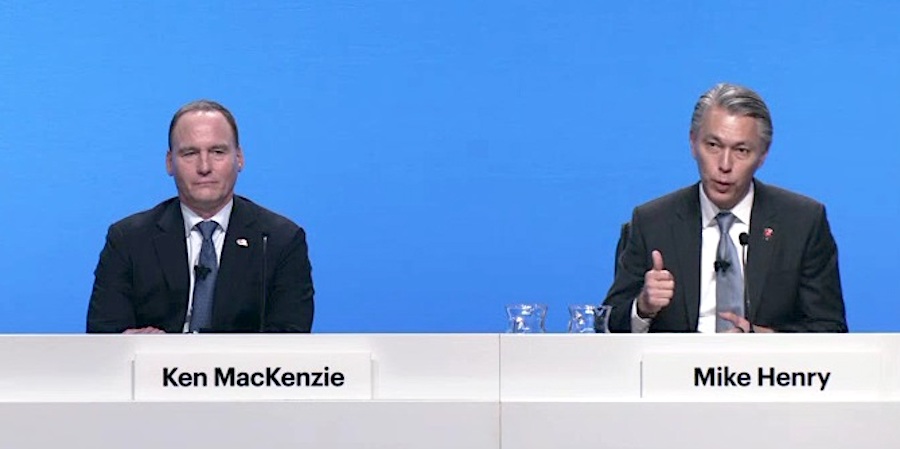Glencore, Managem to produce cobalt from recycled batteries
If favourable, Glencore and Managem’s CTT hydrometallurgical refinery intend to enter into a five-year tolling agreement for roughly 1,200 tonnes of recycled cobalt per year, as well as nickel hydroxide and lithium carbonate.
“Demand for cobalt is expected to increase significantly in the next decade, largely driven by the green energy transition, most actors in the supply chain seek to ensure sustainably sourced materials,” Managem chairman and CEO Imad Toumi said in the statement.
The CTT hydrometallurgical refinery is 90% powered by wind energy.
“As the world seeks to address the challenge of climate change, primary/recycled cobalt and other future facing commodities are set to play a pivotal role in decarbonizing energy consumption and delivering the electric vehicle revolution,” Glencore’s David Brocas, Head Cobalt Trader, added.
Rush to meet demand
Glencore will provide the CTT plant with black mass, a cobalt, lithium, and nickel-bearing feedstock produced from recycled battery electrodes, from its Sudbury, Canada and Nikkelverk, Norway operations.
Managem will contribute its metals recycling technology to the partnership and leave Glencore in charge of marketing the recycled products to customers.
The global push toward a greener future is firing up demand for battery metals such cobalt, lithium and nickel, at a time when the pandemic has exacerbated supply constraints. That saw cobalt prices surge last year to the highest level since 2018.

Congo produces more than 65% of the world’s cobalt and Glencore, which operates two cobalt mines in the African country is the single biggest supplier of the battery metal, a by-product of copper and nickel mining.
Analysts at Roskill forecast cobalt demand will increase to 270,000 tonnes by 2030 from 141,000 in 2020, leaving deficits.
London-based commodities research firm CRU forecasts cobalt demand from electrical vehicles (EVs) to account for more than 120,000 tonnes, or almost 45% of the total by 2025, in contrast with almost 39,000 tonnes, or 27%, in 2020.
(With files from Bloomberg)




